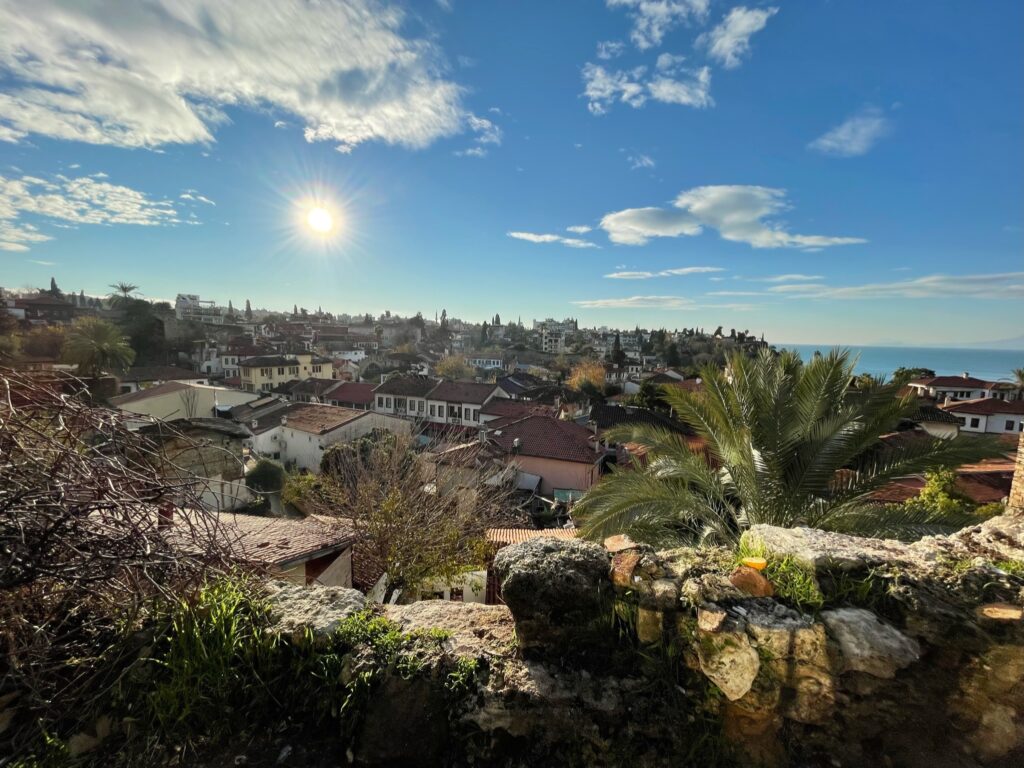
It makes sense that my first blog post serves as an explanation of why I believe that planners, as well as citizens, need to work together to understand what is required to enhance their communities and ensure they become prosperous. This particular post is a result of what I have learned and observed from my field thus far; therefore, all opinions are my own.
Firstly, it is important to discuss the role of planners. The role of an urban planner is to ensure the creation of sustainable, viable, safe, cohesive, healthy, and well-designed cities. Urban planners, along with various other key stakeholders, set out proposals and policies in order to achieve these objectives. These are essential to allowing communities to move forward; however, one key element is often disregarded: the support and commitment from members of the public. With this key element, even greater change can be ensued.
One example is with natural disasters, such as earthquakes and wildfires. Urban planners and other key stakeholders can set out policies to minimize the risk and damage caused from these events, such as through education, requiring different materials and safety standards for buildings or prohibiting particular buildings from being in these high risk zones. However, there are also additional actions that can be taken to ensure that the risk of these events are further minimized. One example in particular to reduce risk of wildfire damage is to plant fire-prone plants around resident homes or ensuring that they have insurance to protect them from any damage caused.
The average citizen is not aware of the technicalities of city planning, but they are impacted daily on the associated decisions. It is difficult to achieve meaningful change without their support and commitment.
Another generic example would be with encouraging recycling. Cities can install more recycling bins in an attempt to encourage the act of recycling; however, unless citizens feel compelled to throw out their recycling in these bins, the problem will continue in some magnitude. Two-way dialogue needs to take place in order for such policies to be a success.
This blog will assist citizens in better understanding what they can do to help their communities thrive. Planners will also be able to learn from others and identify how to best move forward with their areas of expertise. Those who love to travel will also be able to understand a city’s history and explore its characteristics. The cities we live in are a reflection of the peoples’ values and ideals. We can continuously learn from these spaces and unravel what is behind the built walls.
Until next time,
Adena